Many Greek and Roman writings on medicine, as on other subjects were preserved by hand copying of manuscripts in monasteries. The monasteries thus tended to become local centres of medical knowledge, and their herb gardens provided the raw materials for simple treatment of common disorders. At the same time folk medicine in the home and village continued uninterrupted, supporting numerous wandering and settled herbalists. Among these were the wise women who prescribed herbal remedies often along with spells and enchantments. It was not until the late Middle Ages that women who were knowledgeable in herb lore became the targets of the witch hysteria. Medical schools known as Bimaristan began to appear from the 9th century in the medieval Islamic world among Persians and Arabs, which was generally more advanced than medieval Europe at the time.
Contents: Preface. 1. Medieval Europe’s principal medicinal plants. 2. Medicinal and magical herbs of medieval Europe. 3. Medicinal plants in Germany. 4. Medicinal plants in France. 5. Important medicinal plants of France. 6. Medicinal plants in Portugal. 7. Medicinal plants used in traditional medicine in Italy. Bibliography. Index.

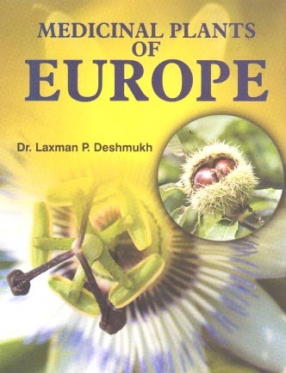
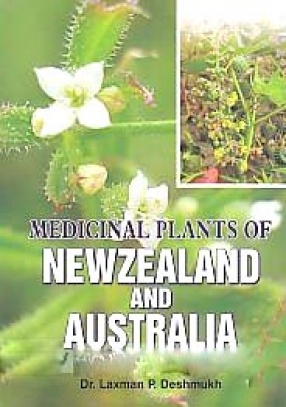
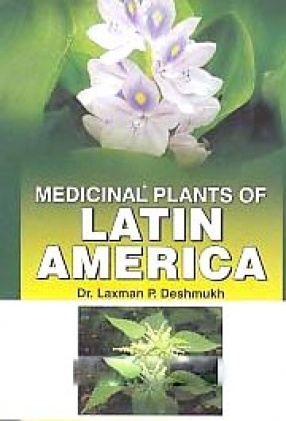
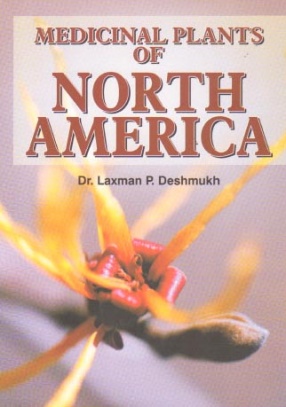
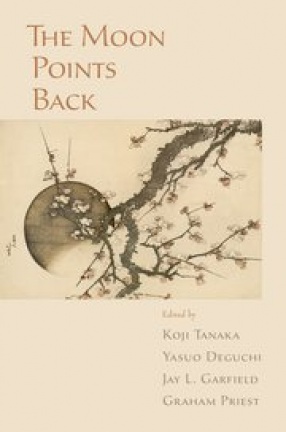


There are no reviews yet.